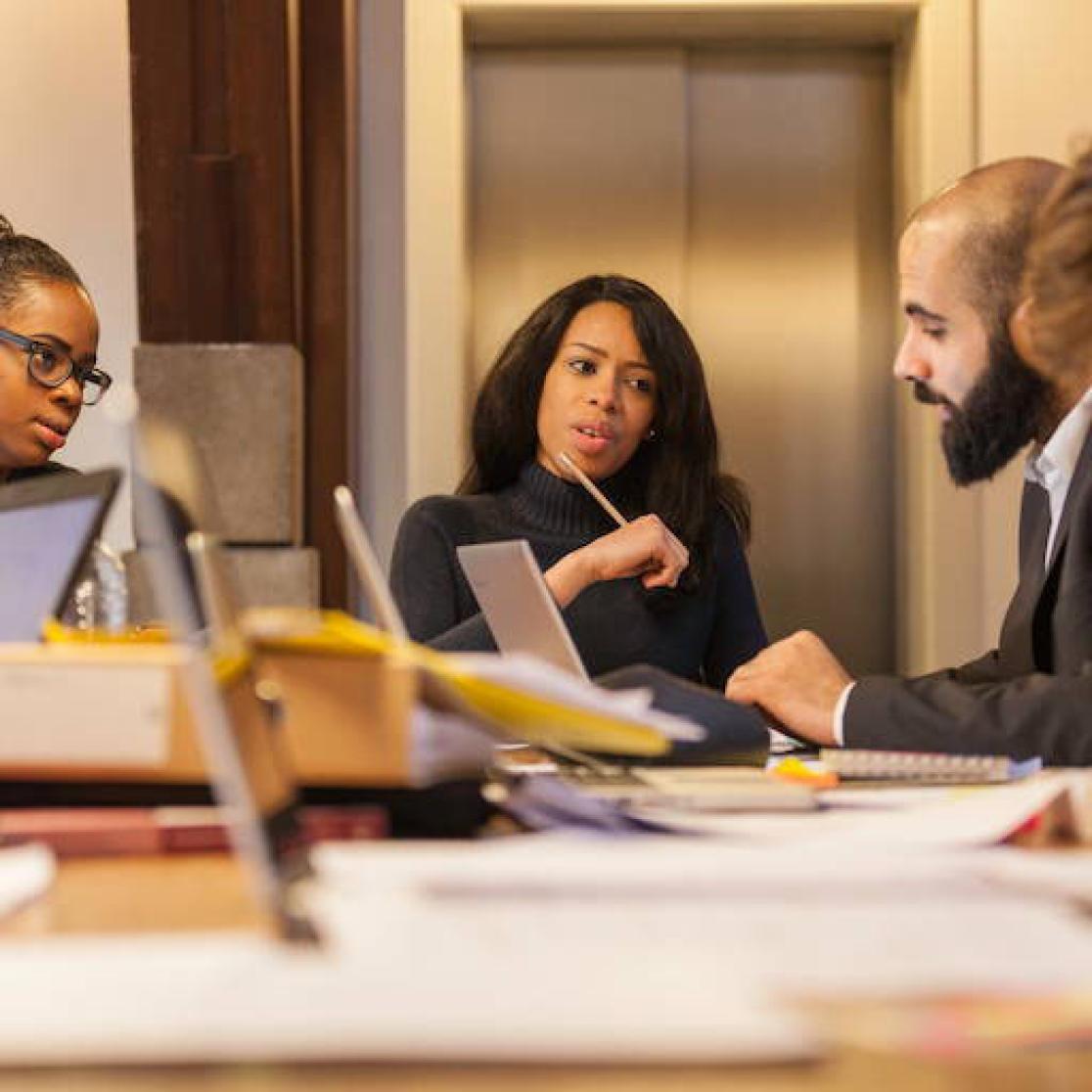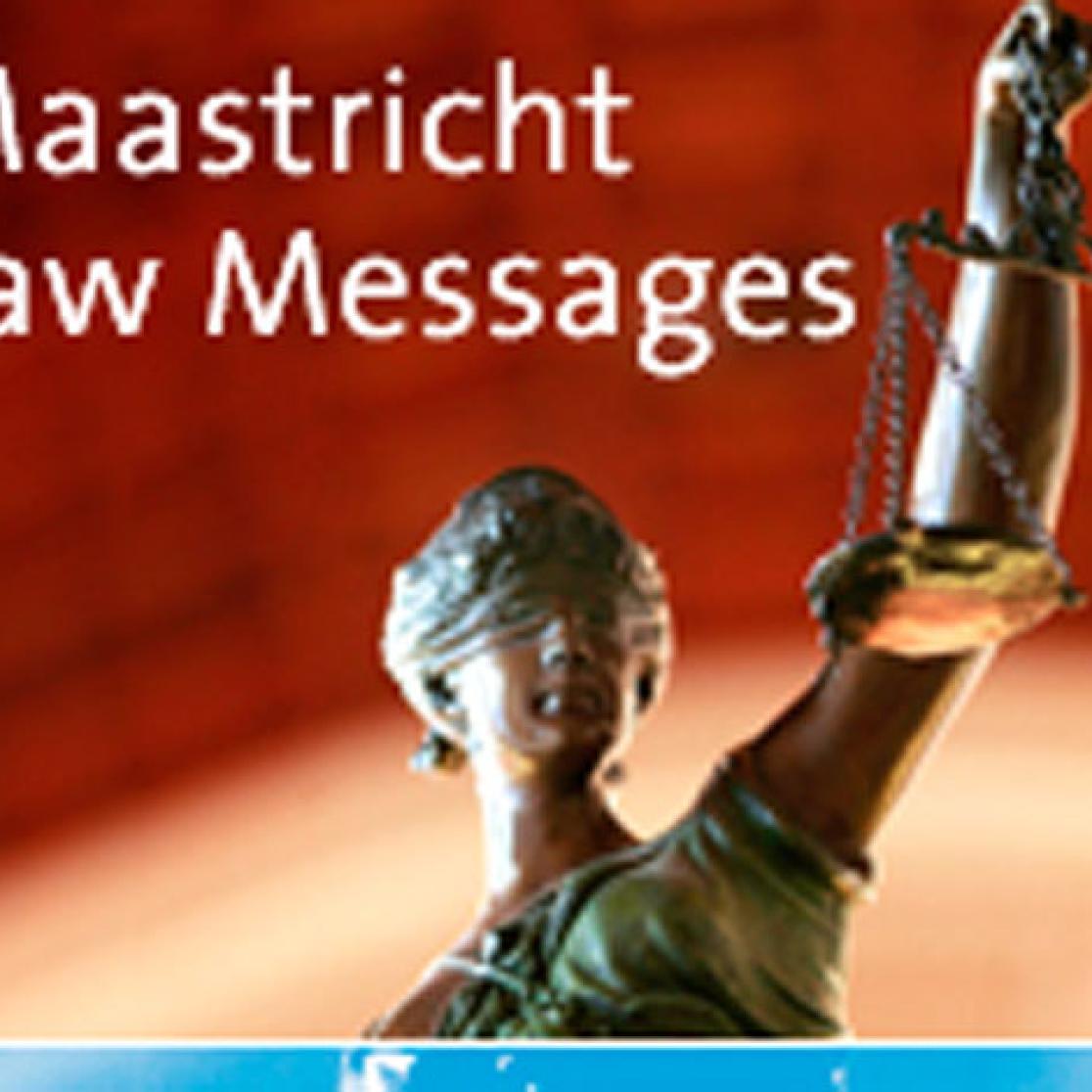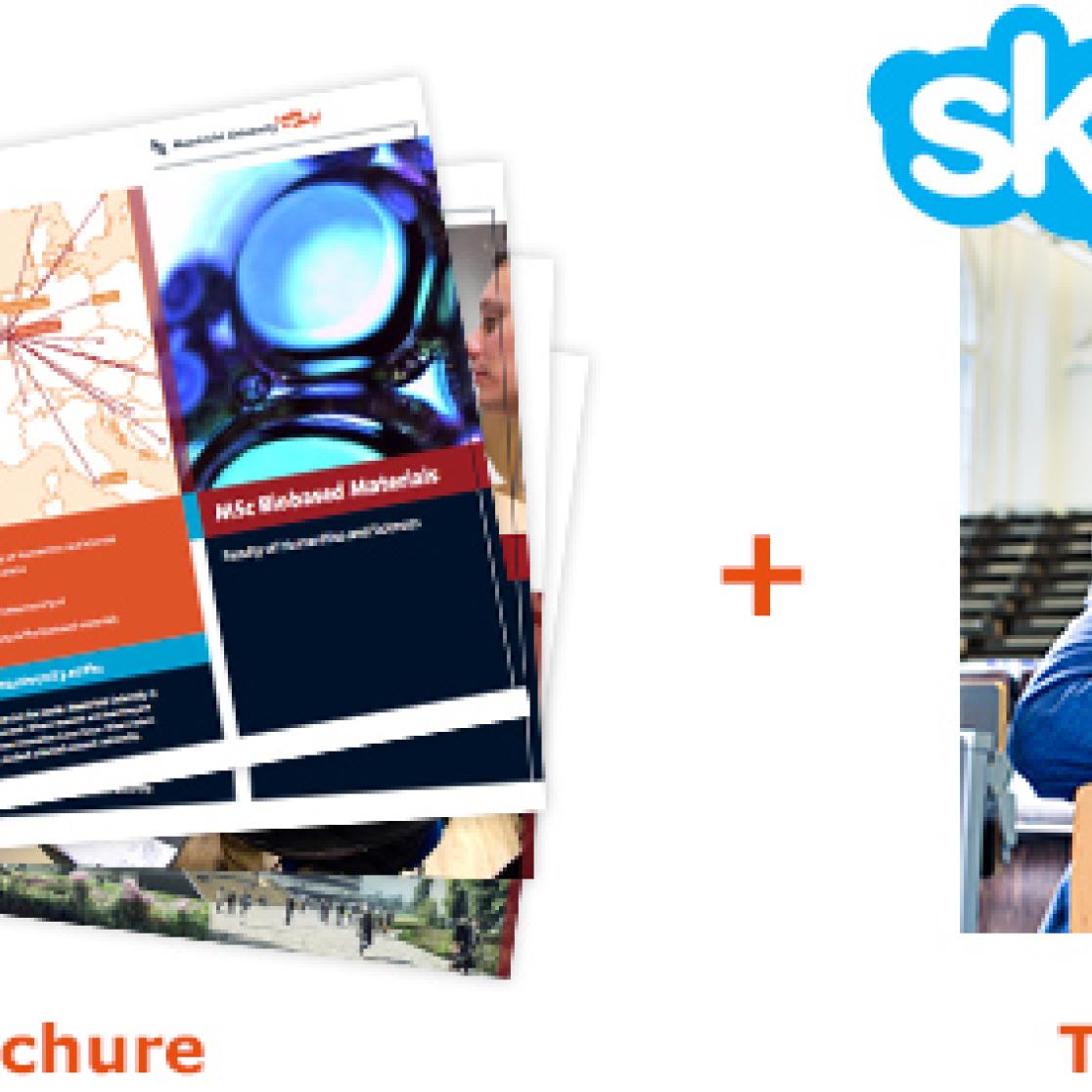Recent projects
Here you will find an overview of the projects we are currently working on or that we recently completed. This list is not all-inclusive, but offers a good representation of our products and activities.
Lab Meat
Science Vision was asked to provide stock footage for world leading press agency’s and broadcasters (like BBC, Sky News, VRT and ZDF) to cover the breaking news on the first worldwide public presentation of the lab-grown Cultured Beef burger. We filmed over a period of more than six months the development of this Cultured Beef by Professor Mark Post of Maastricht University and his team. This first-ever public tasting highlighted the urgent need to find a sustainable solution to food production.
Human Rights Conference
On 17 April 2013, the Minister of Foreign Affairs Frans Timmermans held a lecture on human rights. Science Vision will broadcast this lecture live from the university auditorium.
Strategy Presentation
The results of the future strategy research study conducted by Service Science Factory were presented in Studio 2. The pleasant atmosphere and the link to modern media greatly appealed to the client. The presentation, delivered in a talk show format, was also a great success.
Circulation and Lungs Lecture
We are currently busy recording lectures from the Circulation and Lungs course for the purpose of creating a reference work for third-year medical students. To ensure optimum audio and video quality, these recordings will be made using manned cameras and wireless microphones.
Pharmacokinetics
This English-language learning tool helps explain the basic tenets of pharmacokinetics. The video programme is intended for first-year Health Science and Medicine students at the Faculty of Health, Medicine and Life Sciences.
A Tree of Knowledge
We recently finished a film for SHE Collaborates on their project to improve midwifery training in Ghana. Daphne Dumoulin shot a series of photographs in Ghana that formed the basis for this 4-minute film. Science Vision provided the musical score and (digital) post-editing. The English-language voiceover was provided by Clive Lawrence. You can watch the video Tree of Knowledge here.
Partner in Balance
We are currently working on a project for the Department of Psychiatry and Neuropsychology that interviews eight caregivers with (young) partners who suffer from dementia. Together, these eight short films will be used to develop a course on how to deal with this distressing illness and the impact it can have on the patients’ partners.
Upgrade Mobile Production Set
The mobile production set was given a major overhaul and now includes the following upgrades:
- Integrated fourth camera control unit (CCU)
- Enhanced shading unit that includes two vector scopes and two Smartview monitors
- Larger 8” models to replace the camera preview monitors
- Newly integrated digital audio mixer that brings the number of channels to 16, each with their own compressors, gates and effects
Dies Natalis 2013
Maastricht University celebrated its 37th anniversary – the Dies Natalis – on 14 January 2013 in Theater aan het Vrijthof in Maastricht. Five honorary degrees were conferred during the academic portion of these celebrations. Science Vision provided the audio-visual support and the live stream from the theatre.
The Dies Natalis films can be viewed by clicking on the links below:
Maastricht University celebrated its 37th anniversary – the Dies Natalis – on 14 January 2013 in Theater aan het Vrijthof in Maastricht. Five honorary degrees were conferred during the academic portion of these celebrations. Science Vision provided the audio-visual support and the live stream from the theatre.
The Dies Natalis films can be viewed by clicking on the links below:
Professionalisation of tutors
We are currently producing 120 video clips for the Faculty of Law and other UM faculties to help train (new) tutors. All clips will be bilingual and subtitled.
The Biobank
Maastro Clinic has commissioned us to produce a video programme on cancer research and the role the Biobank, part of the Maastricht University Medical Centre, plays in this. This bank stores blood samples from over 5000 people with 24 types of cancer. This 6-minute, Dutch-language programme contains unique images detailing the blood’s journey through the pneumatic transport system.
2013 Conference of the Dutch College of General Practitioners
We filmed ‘Above the Atlantic’ as a teaser for the 2013 national NHG conference: NHG-2013 Teaser.
National Prevelance Survey Care Problems (LPZ)
We are producing a trilingual programme for the School for Primary Health and Public Care (CAPHRI) entitled ‘LPZ – Care in Focus’. This video programme shows how the LPZ survey can contribute to improving care in inpatient and outpatient healthcare institutions. Visit the LPZ website for more information.
Presentation Courses
The Language Centre offers several English-language courses each year on how to present (scientific) research results. We provide the technical infrastructure and HD-quality video and audio.
Maastricht School of Management: 60 years
We provided the audio-visual support, live recordings and live streaming of all festivities surrounding the 60th anniversary of MsM. For a short impression of these anniversary celebrations, visit MsM 60 years
Socratic Dialogue
A learning tool in the form of three DVDs that shows the application of this type of treatment as part of cognitive therapy. Circulation: 500. Client: Faculty of Psychology and Neuroscience, Maastricht University


